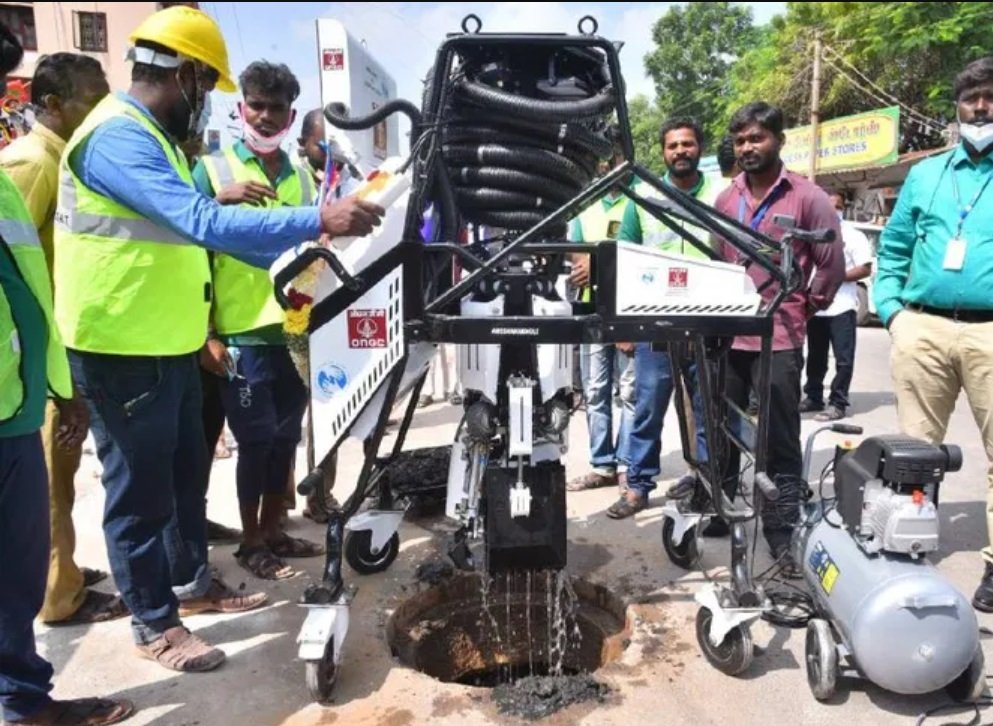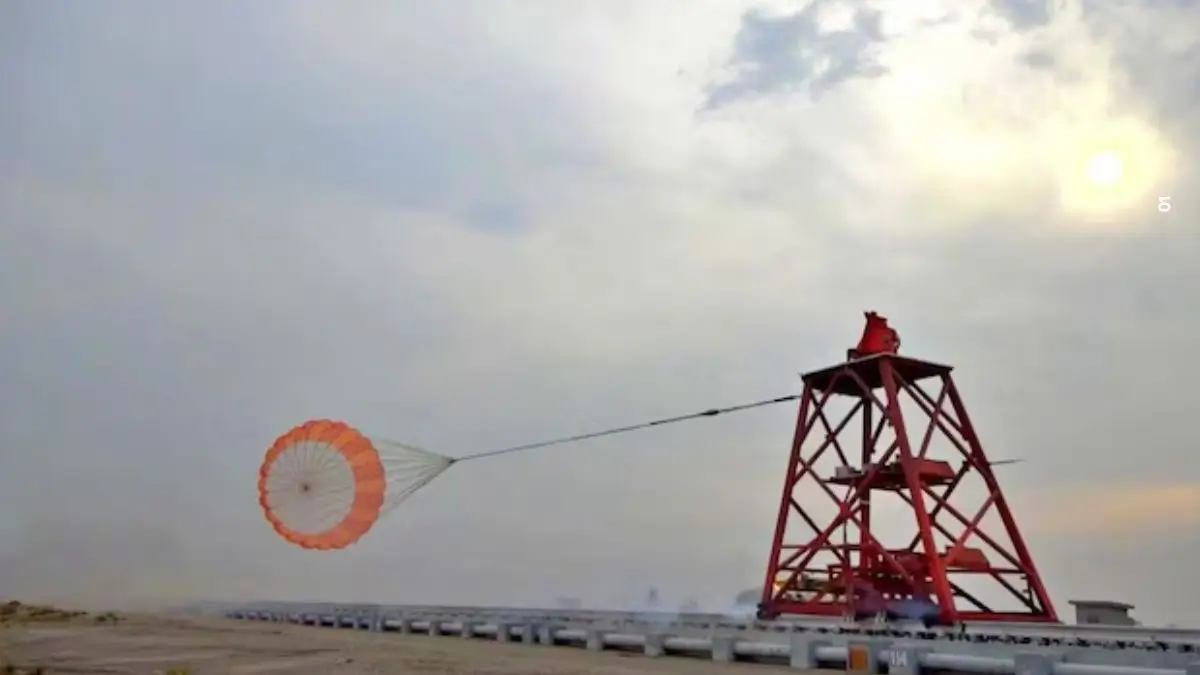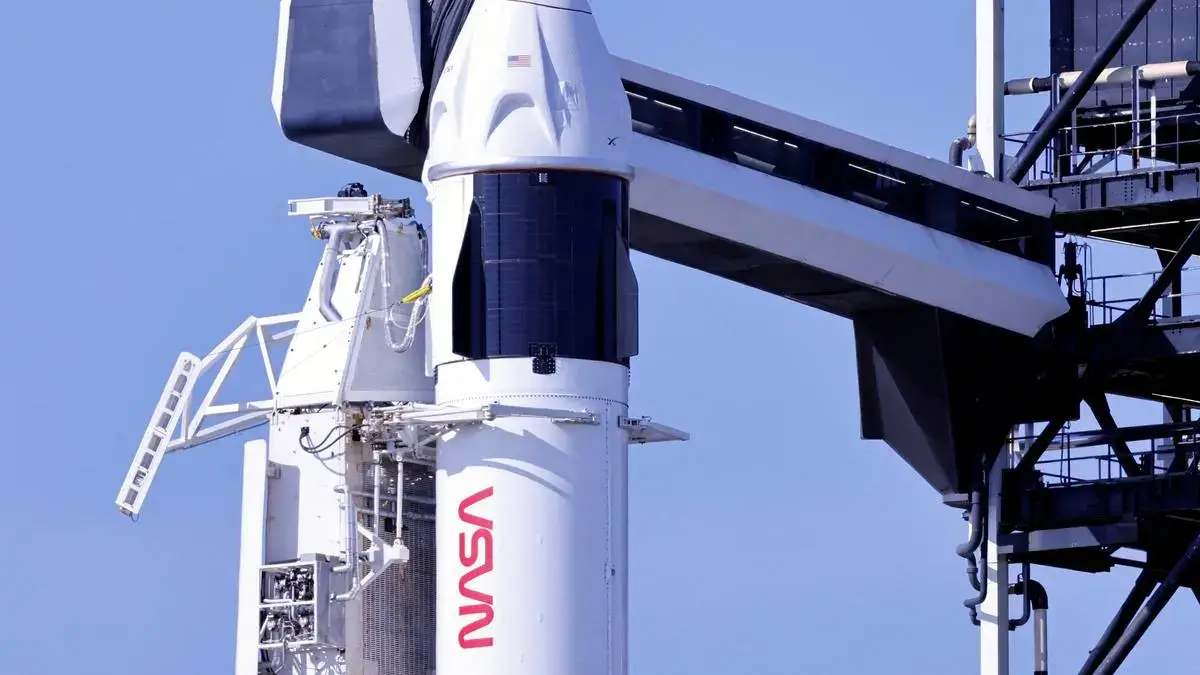Kerala robotic scavengers : Kerala Becomes First State to Use Robotic Scavengers to Clean Manholes
Kerala has become the first state in India to deploy robotic scavengers for cleaning manholes. The robots are being used to reduce the risk of manual scavenging, which has been banned in India since 2013 but continues to be a prevalent practice in many parts of the country. The initiative was launched by the Kerala Water Authority (KWA) as part of its efforts to promote automation and improve the efficiency of its operations.

Why this News is Important
Kerala’s decision to use robotic scavengers for cleaning manholes is a significant step towards eliminating the degrading and inhumane practice of manual scavenging in the country. It is an innovative and forward-looking approach that can help to reduce the risk of injury and death for workers who have traditionally been tasked with this hazardous job. The use of technology in cleaning manholes can also improve the efficiency of the process, reduce costs, and enhance the quality of the cleaning.
Historical Context
Manual scavenging is a practice that involves cleaning human excreta from dry latrines, open drains, and septic tanks using brooms, buckets, and baskets. The practice is predominantly carried out by Dalits, who belong to the lowest caste in India’s hierarchical social system. It is a violation of human rights and has been banned in India since 1993, with the enactment of the Employment of Manual Scavengers and Construction of Dry Latrines (Prohibition) Act. However, the practice continues to persist in many parts of the country, particularly in rural areas, where access to modern sanitation facilities is limited.
Key Takeaways from “Kerala Becomes First State to Use Robotic Scavengers to Clean Manholes”
| Serial Number | Key Takeaway |
|---|---|
| 1. | Kerala has become the first state in India to deploy robotic scavengers for cleaning manholes. |
| 2. | The initiative is aimed at reducing the risk of manual scavenging, which has been banned in India since 2013 but continues to be practiced in many parts of the country. |
| 3. | The use of technology in cleaning manholes can improve the efficiency of the process, reduce costs, and enhance the quality of the cleaning. |
| 4. | Manual scavenging is a degrading and inhumane practice that violates human rights and has been banned in India since 1993. |
| 5. | The practice of manual scavenging persists in many parts of India, particularly in rural areas, where access to modern sanitation facilities is limited. |
In conclusion, Kerala’s use of robotic scavengers to clean manholes is a step towards a safer and more efficient method of cleaning. It is an important initiative that can help reduce the practice of manual scavenging in India, which has been a persistent problem for decades. It is hoped that other states in India will follow Kerala’s lead and adopt similar measures to eliminate this inhumane practice.
Important FAQs for Students from this News
Q. What is manual scavenging?
A. Manual scavenging is a practice of cleaning human excreta from dry latrines, open drains, and septic tanks using brooms, buckets, and baskets.
Q. Why is manual scavenging banned in India?
A. Manual scavenging is banned in India because it is a violation of human rights and a degrading and inhumane practice.
Q. What is the Kerala Water Authority?
A. The Kerala Water Authority is a government agency responsible for the supply, treatment, and distribution of water in the state of Kerala.
Q. How will the use of robotic scavengers improve the cleaning of manholes?
A. The use of robotic scavengers can improve the efficiency of the cleaning process, reduce costs, and enhance the quality of cleaning.
Q. Is manual scavenging still practiced in India?
A. Yes, manual scavenging is still practiced in many parts of India, particularly in rural areas where access to modern sanitation facilities is limited.
Some Important Current Affairs Links

















